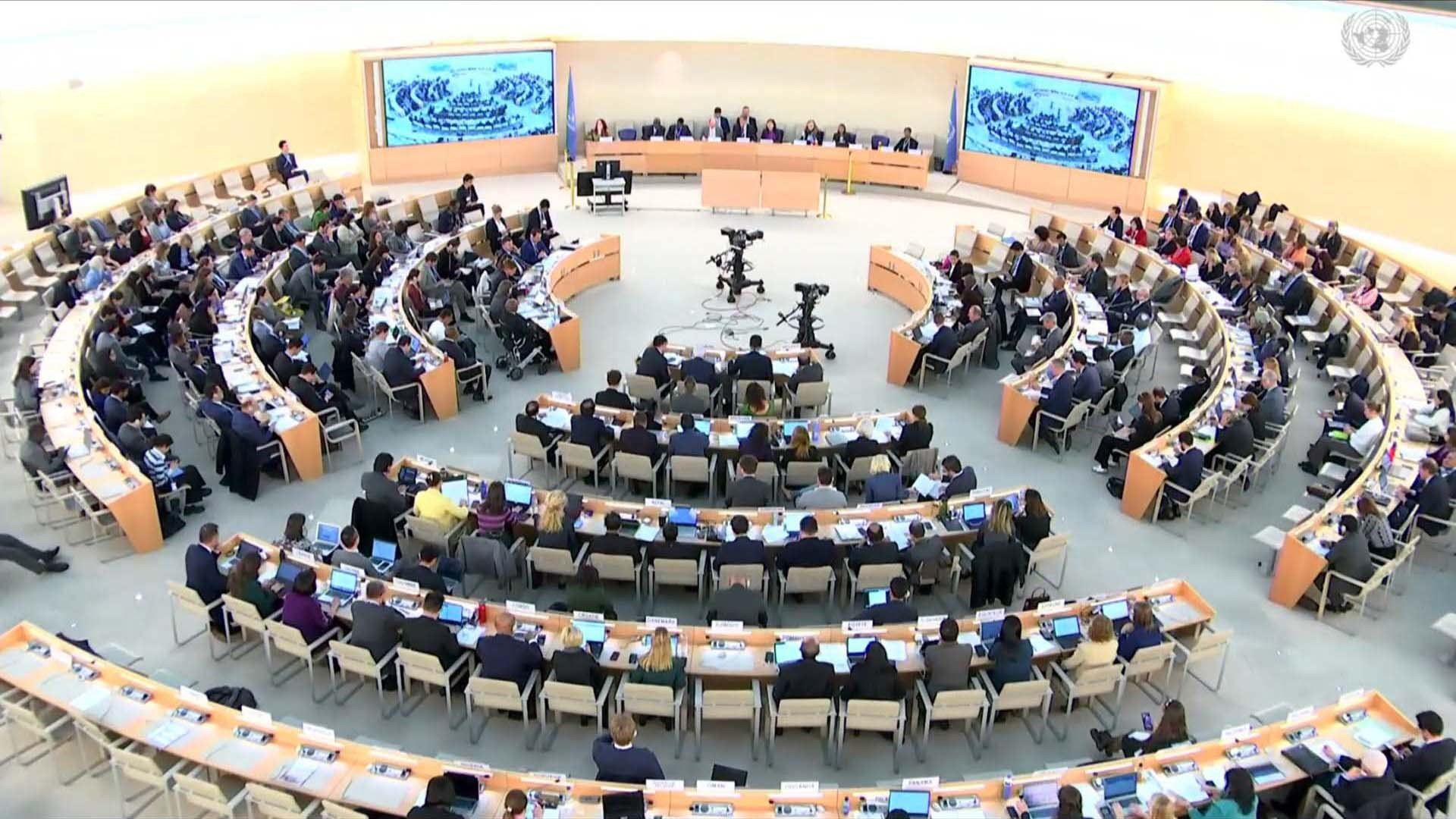 |
The United Nations Human Rights Council adopted a resolution proposed and drafted by Vietnam on the 75th anniversary of the Universal Declaration of Human Rights and the 30th anniversary of the Vienna Declaration and Programme of Action. (Source: Getty Images)
The founding conference of the United Nations (April 25-June 26, 1945) in San Francisco (USA), together with the signing of the UN Charter, approved the drafting of a "Declaration of Fundamental Human Rights" to realize the basic goals of the UN Charter: human rights, peace - security and development. The draft declaration later became the Universal Declaration of Human Rights (Declaration) adopted by the UN General Assembly on December 10, 1948. The values, principles and standards of human rights recorded in the Declaration laid the historical, political, legal and ethical foundation for the recognition of the universal value of human rights in international conventions on human rights, the basis for the establishment of the Human Rights Commission (now the UN Human Rights Council), and human rights protection mechanisms of regions and continents around the world over the past 75 years.Implementing the Declaration in Vietnam
The Declaration clearly states that the guarantee, protection and promotion of human rights is first and foremost the responsibility of each nation as the leading subject of international legal relations. Therefore, the Declaration has determined right in the first content of the document that the United Nations "proclaims this Universal Declaration of Human Rights as a common standard of achievement for all peoples and all nations, to the end that every individual and every organ of society, keeping this Declaration constantly in mind, shall strive by teaching and education to promote respect for these rights and freedoms, and by progressive measures, national and international, to secure universal and effective recognition and observance of these rights and freedoms, among the peoples of Member States themselves and among the peoples of territories under their jurisdiction." As an active member of the United Nations, Vietnam has clearly recognized the requirements and contents of the Declaration, and has increasingly improved its institutions and structures to realize human rights in the cause of national renewal. First , on institution building . The process of building and perfecting the socialist-oriented market economy institution is to develop a modern, civilized market institution, gradually ensuring economic, social and cultural rights for the majority of members of society. The 1992 Constitution and especially the 2013 Constitution, which were fundamentally built on the basis of a human rights-based approach, are the fundamental laws of the national legal system aimed at regulating and promoting the guarantee of civil, political , economic, social and cultural rights. The socialist rule of law state is being continued to be built and perfected through state administrative reforms carried out from 2000 to present to build a public administration serving the people and creating development in order to protect justice, human rights and civil rights.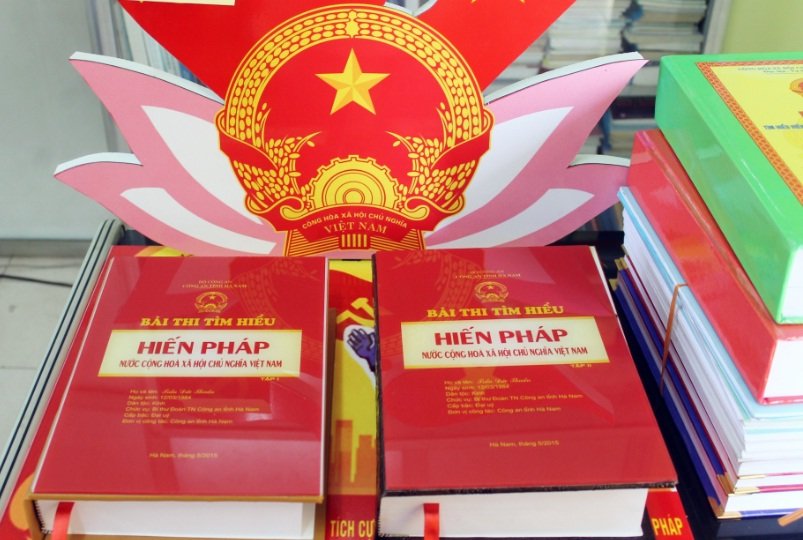 |
The 2013 Constitution affirms the principle that the State recognizes, respects, protects and ensures human rights and citizens' rights, and commits to "complying with the UN Charter and international treaties to which the Socialist Republic of Vietnam is a member." (Source: VGP)
Second , on human rights propaganda and education . Up to now , important international legal documents on human rights, first of all the Declaration, have been translated into Vietnamese and widely distributed. Since the 1990s, Vietnam has gradually carried out human rights education both inside and outside schools. Implementing Decision 03/CP of the Prime Minister issued on January 7, 1998, provinces and cities have established Councils for coordinating the dissemination of legal education and have carried out many activities to disseminate and educate on human rights, aiming to significantly improve the understanding and widespread interest of officials and people in human rights. The Center (now the Institute) of Human Rights under the National Academy of Politics, established in 1994, has promoted the compilation of textbooks, dissemination of knowledge and organized in-service and short-term courses for central and local officials on human rights. The establishment of a number of human rights graduate training institutions in recent years has marked a new level of human rights education in Vietnam. On September 5, 2017, the Prime Minister approved the "Project to incorporate human rights content into the education program in the national education system" according to Decision No. 1309/QD-TTg. The Ho Chi Minh National Academy of Politics has coordinated with the Ministry of Education and Training, the Ministry of Labor, War Invalids and Social Affairs, the Ministry of Public Security , the Ministry of National Defense and relevant agencies to implement the Project, incorporating human rights education content, citizens' rights and obligations according to the provisions of international legal documents, into textbooks and curricula of general schools at all levels and universities. Directive No. 34/TTg dated December 21, 2021 of the Prime Minister on strengthening the implementation of the Project on incorporating human rights content into the education program in the national education system continues to emphasize the task of human rights education to create a profound change in the awareness and actions of all levels and sectors to meet the needs and expectations of human rights education in Vietnam. Third , on implementing international obligations on human rights. To date, Vietnam has joined and signed 7/9 fundamental conventions and dozens of other international treaties related to human rights. Vietnam has fulfilled its obligations to submit and defend national reports on the implementation of conventions to which Vietnam is a member. |
Approval of the National Report on the Implementation of the Convention Against Torture. (Source: Shutterstock)
In 2023, Vietnam protected the Report of countries implementing the Convention on the Elimination of All Forms of Racial Discrimination; completed and submitted the Report on the implementation of the International Covenant on Civil and Political Rights (ICCPR), the Convention against Torture (CAT). This result has been recognized by the Committees monitoring the implementation of the convention as well as the international community. Vietnam has also done well in disseminating the content of the report on the implementation of international conventions on civil, political, economic , social and cultural rights.Vietnam has taken legislative, executive and judicial measures, implemented economic, social and cultural policies and through international cooperation, especially making maximum use of available resources, to increasingly fully implement human rights recognized in international and national law.
In fact, Vietnam has achieved many achievements in innovation, socio-economic development, ensuring social security, especially maintaining continuous improvement of the right to living standards thanks to constantly achieving high growth rates, widespread health insurance coverage, having a rate of women participating in politics among the world's leading groups, having a continuously increasing human development index and being ranked in the high group.
At the same time, Vietnam has always actively and responsibly participated in international activities in the field of human rights (member of the Human Rights Commission for the 2001-2003 term, member of the UN Human Rights Council (HURC) for the 2014-2016 and 2023-2025 terms...).
Recently, on April 3, 2023, the UN Human Rights Council unanimously adopted a Resolution commemorating the 75th anniversary of the Universal Declaration of Human Rights and the 30th anniversary of the Vienna Declaration and Programme of Action, proposed and drafted by Vietnam. This is a prominent mark of Vietnam at the 52nd Session - the first Session assuming the position of a member of the UN Human Rights Council for the 2023-2025 term.
At the 53rd and 54th Sessions, Vietnam continued to contribute initiatives: working with the Core Group to draft and negotiate the Resolution on climate change and human rights; organizing the International Dialogue on “Combating discrimination, violence and harassment based on gender in the workplace”; delivering a joint statement and organizing the International Dialogue on “Promoting the human right to vaccination”.
In addition to the achievements, it cannot be denied that Vietnam is facing limitations and negative impacts on ensuring human rights, such as the increasing gap between rich and poor; bureaucracy and corruption have not been pushed back; "group interests" are overwhelming social interests; people have not enjoyed goods and services commensurate with quality and price... But on the general development level, the efforts of the Party and State in planning and managing all aspects of political and social life, especially in perfecting the legal system, reforming administrative procedures, digital transformation, green transformation... have significantly improved the quality of life of the majority of people, creating a peaceful and stable environment for development. For that reason, the imposition of any democratic or human rights model from outside will never be accepted by the Vietnamese people.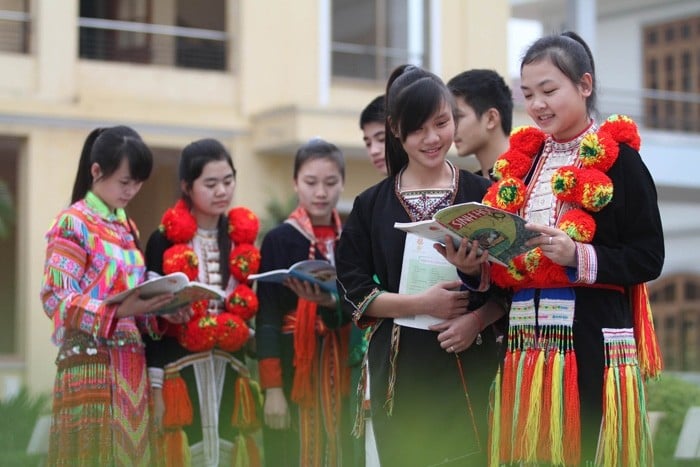 |
Vietnam has made increasingly impressive achievements in ensuring the rights of ethnic minorities, thereby contributing to enhancing our country's reputation in implementing international commitments, especially the CERD Convention. (Source: Communist Party of Vietnam Online Newspaper)








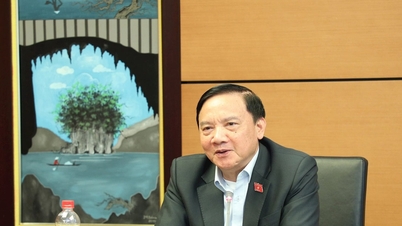

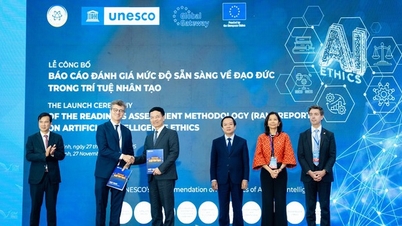

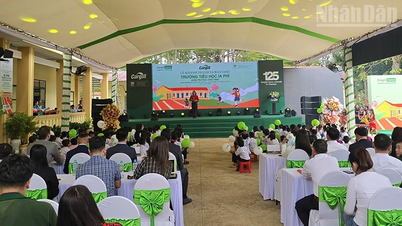


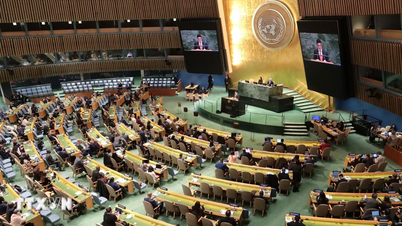

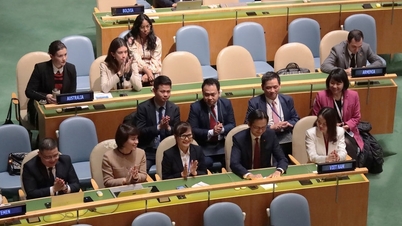

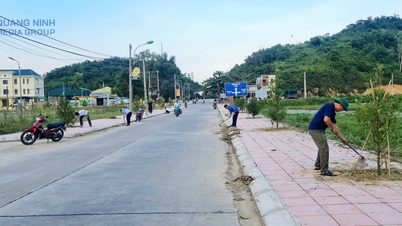

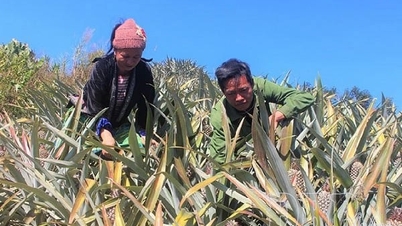

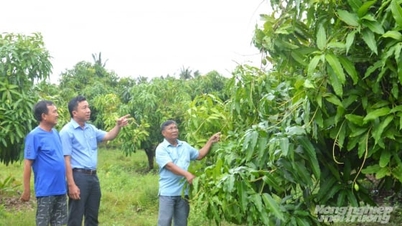

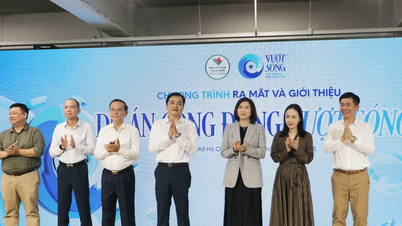

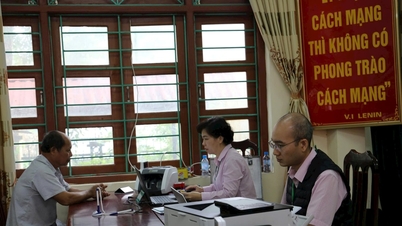
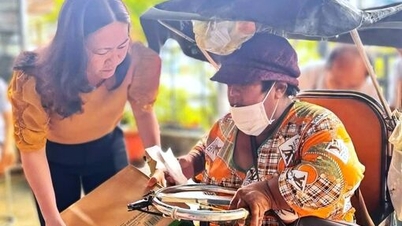






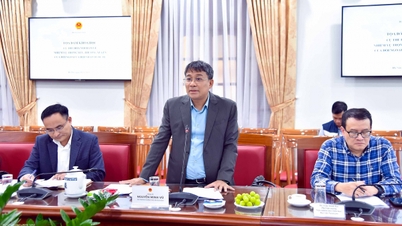
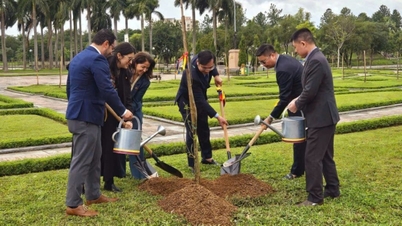
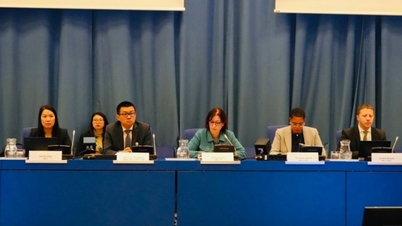
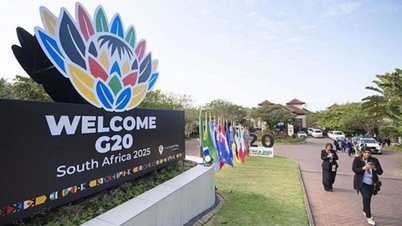
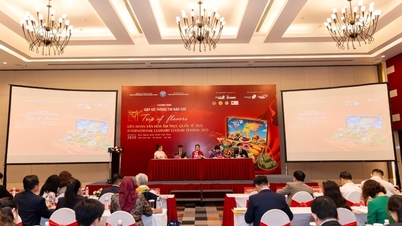








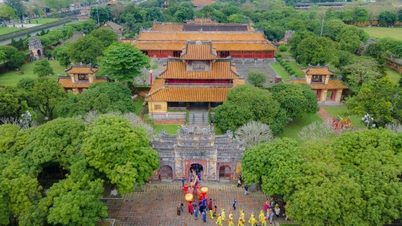

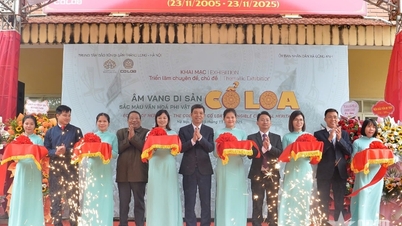

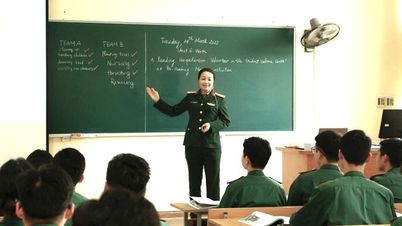


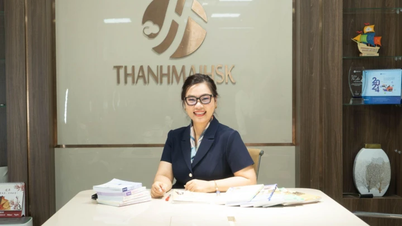

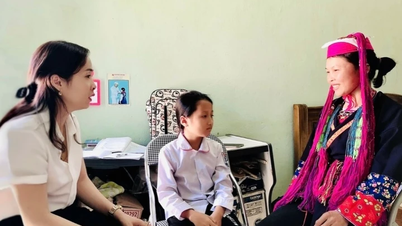
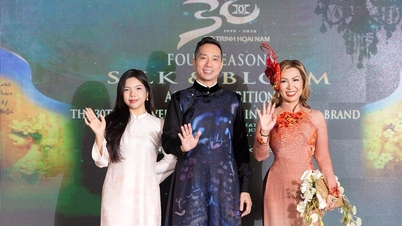

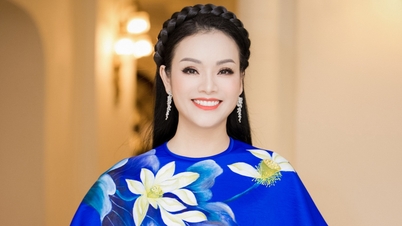


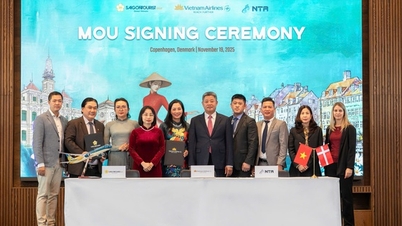
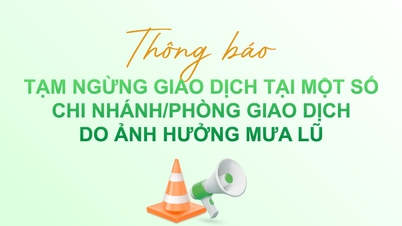




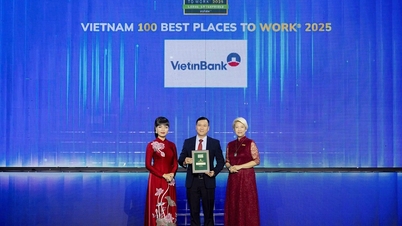






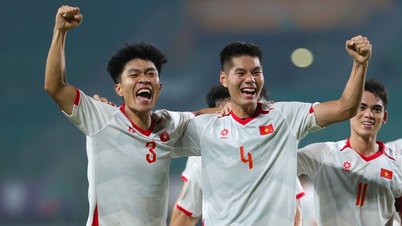






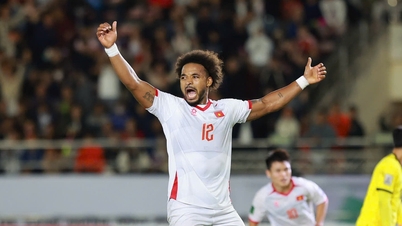
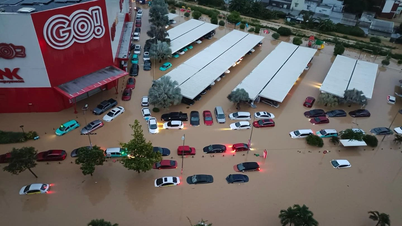
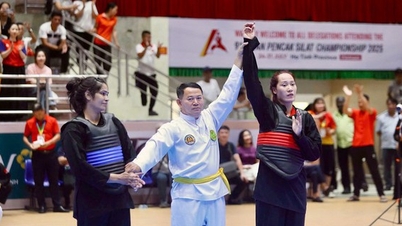

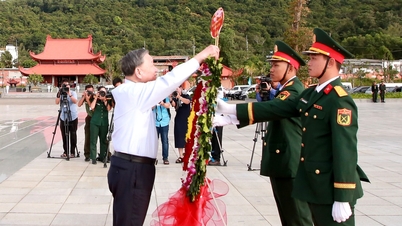

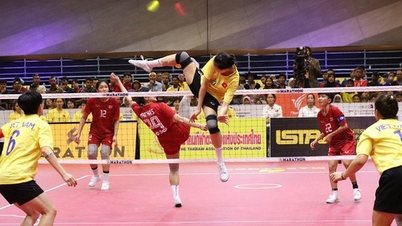


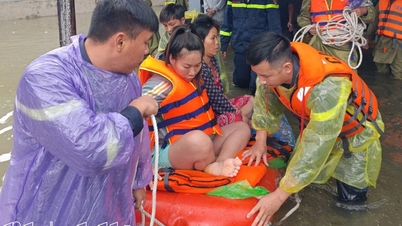

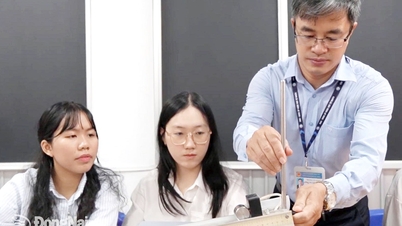


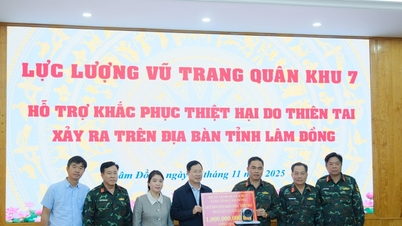

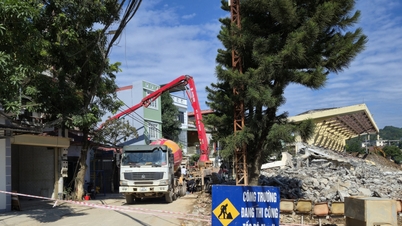













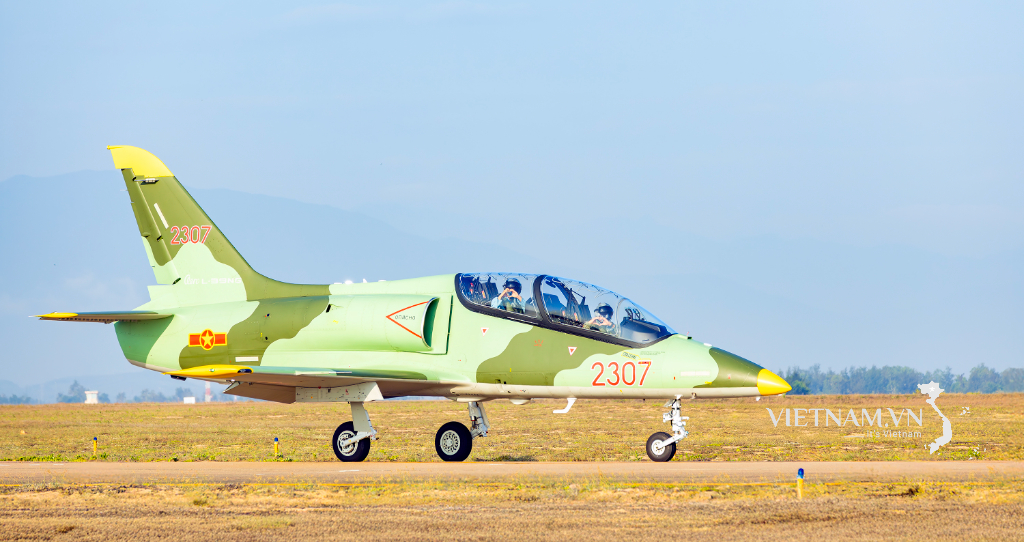



Comment (0)